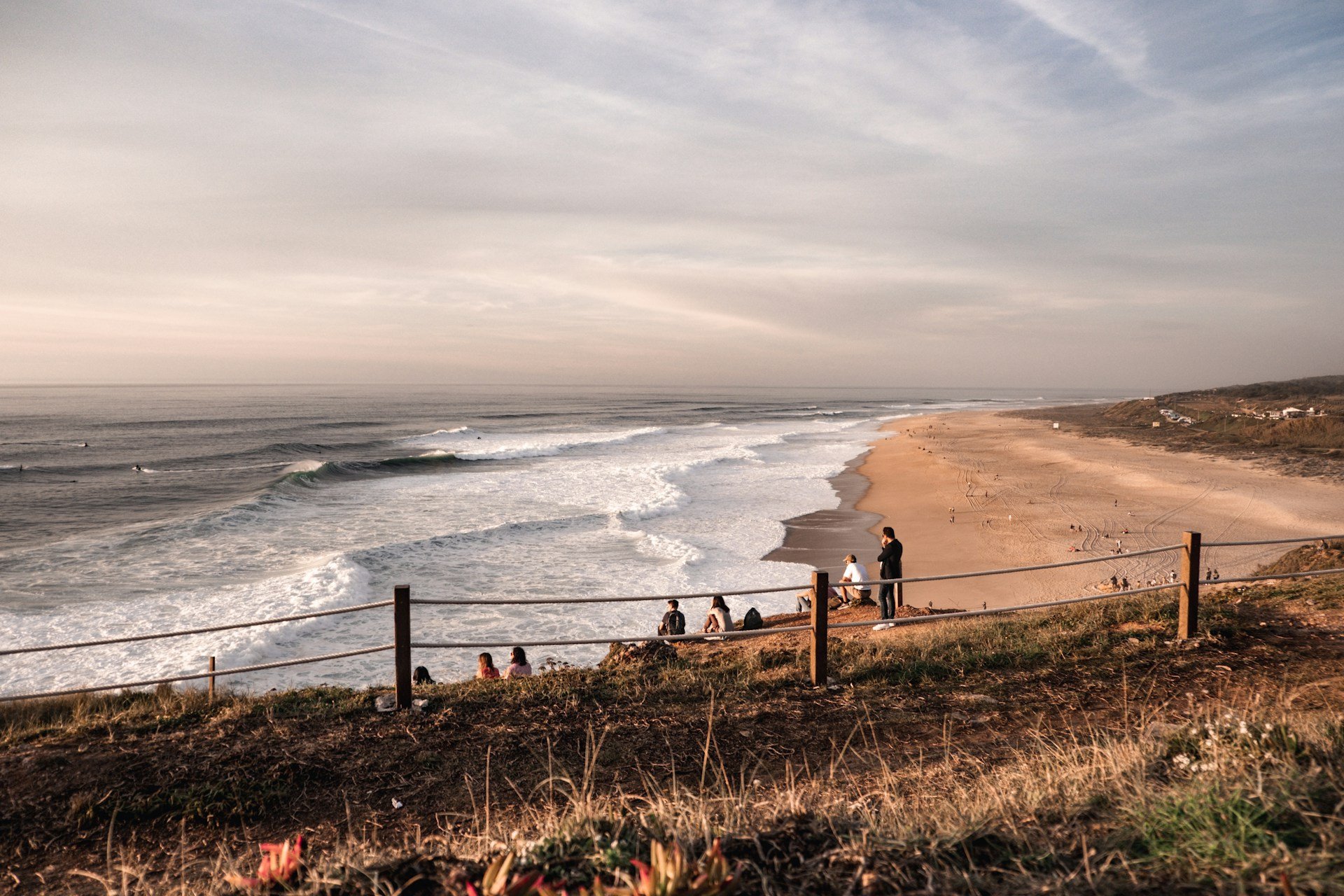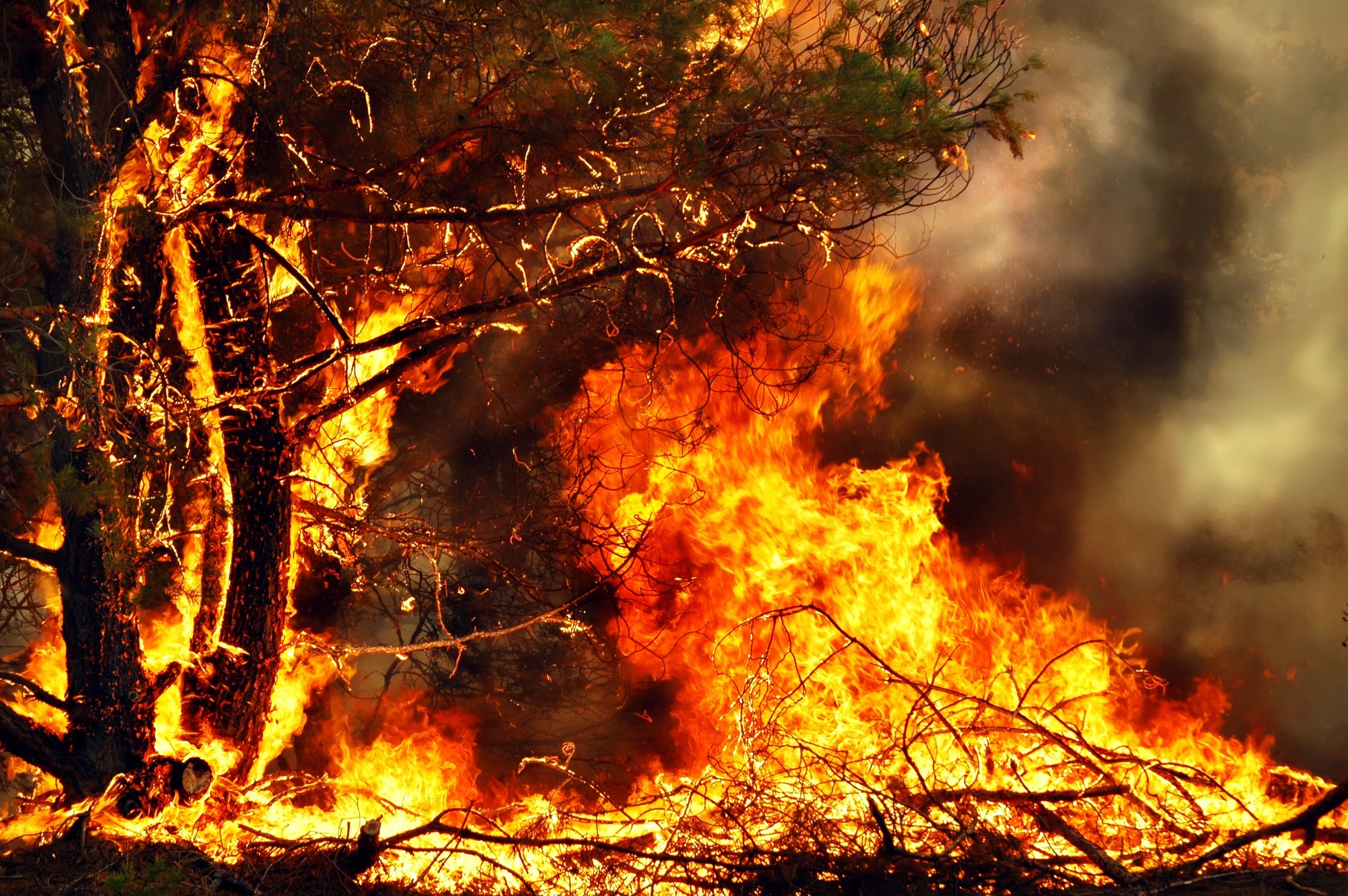Portugal happens to have some very peculiar and specific rules. Some keep beaches and roads safe, some protect heritage and natural landmarks, but a few laws in Portugal are so uniquely Portuguese that they might just surprise you. Here are 27 laws that are currently in force in Portugal that you need to know. Let us know which one was surprised you the most.
Please keep in mind that these regulations can be updated at any time by local authorities or government agencies. Always check posted signs or follow official guidance on the spot.
1. Removing historical tiles from a façade is tightly controlled.
Portugal treats azulejos as national heritage. Removing tiles from a façade requires a municipal license and is only allowed in specific cases where the removal can be justified. Lisbon put protective rules into place in 2013, and Portugal as a whole made this law in 2017.
2. Ignoring the red flag at the beach can get you fined.
On protected beaches in Portugal, the flag system is not a suggestion. Green means you can bathe, yellow means you must not swim, and red means you cannot enter the water. Disobeying the flags or lifeguard instructions is an offense that can get you fined under the current rules in Portugal.
3. Lifeguard zones and beach rules are set nationally each season.
Every beach season, the Portuguese maritime authority issues an official beach edict that sets rules about signage, lifeguard posts, and safety equipment. Concessions must comply, and beach-goers must respect the marked swimming areas and corresponding instructions.

4. Official naturist beaches must be clearly sign-posted, and, yes, naturist beaches are legal in Portugal.
The law requires signage at access points so visitors know they are entering an authorized naturist area (otherwise known as “nudist” beaches to those not familiar with the “naturist” term). If it’s not sign-posted, do not assume naturism is permitted.
5. Night-time “quiet hours” are protected by national noise law.
Portugal’s General Noise Regulations went into effect in 2007 and restrict noisy activities during nighttime hours and gives authorities tools to sanction disturbances including in residential buildings and outdoor venues. The hours deemed as “nighttime” are officially from 11:00 pm to 7:00 am. Please keep it down during these hours.
6. Recreational sea fishing requires a license.
Casting a line from the rocks or beach is popular, but you still need a recreational maritime fishing license, with different types depending on where and how you fish. Exceptions are made for people fishing by hand without any tools, and for children under 16 if they are accompanied by a licensed adult
7. Metal detectors for archaeological purposes are broadly restricted without a license.
Using or even transporting unlicensed metal detectors for archaeological purposes is prohibited. Licenses are handled by the national cultural heritage authority, which also supervises detection in research contexts.
8. You must be 18 or older to buy any alcoholic drink.
Portugal set the minimum age at 18 years old for the legal consumption of any alcoholic beverages. Selling or supplying alcohol to minors is prohibited in public places and places open to the public.

9. Some places cannot sell alcohol at all.
There are blanket bans on selling alcohol in certain locations, such as inside health facilities and a few other sensitive settings defined by law. Bars and shops must refuse alcohol sales to intoxicated people, and staff can be sanctioned for selling to obviously intoxicated individuals. Establishments must comply with posting and layout rules that support responsible sales.
10. Smoking is banned in enclosed public spaces and several child-focused outdoor areas.
The tobacco law restricts smoking in enclosed public places and extends protections to spaces intended for minors, such as playgrounds. Fines can apply to venues that fail to post required notices and to individuals who violate the ban.
11. Hotels and short-term rentals must register foreign guests with authorities.
Whether you stay in a hotel or a licensed short-term rental, your host must collect your details and report your stay electronically to the government within a short deadline. This rule applies to all foreign nationals including EU citizens. Failing to submit those guest forms can lead to fines.
12. You must be 18 to drive and keep passing medical checks as you age.
In Portugal, the minimum age to hold a standard car license (Category B) is 18 years old. Younger teens can drive mopeds or scooters under specific light-vehicle categories starting at 16, but they cannot drive regular cars until they reach 18.
There is no upper age limit that automatically bans older drivers. However, once you turn 70, your license must be renewed more often and you’ll need to provide a medical certificate proving you’re still fit to drive. For professional categories like truck or bus drivers, the rules are even stricter, requiring earlier and more frequent health checks.
13. Driving without a reflective vest and warning triangle in your car is illegal.
Portuguese road rules require a high-visibility vest and a hazard triangle in the vehicle. Forgetting either can cost you. Keep them handy.
14. Drones must follow EU open-category rules and national guidance.
Planning to film cliffs and castles? Drone operations in Portugal follow EU rules on registration, categories, distances and no-fly zones, with national aviation authority guidance layered on top.
15. Wild camping is restricted, especially in protected or high-risk areas.
Portugal tightened its wild camping rules in 2021 through updates to its Road Code, particularly Articles 48 and 50-A, effectively banning camping outside authorized areas and limiting overnight stays in vehicles. Today, pitching tents or setting up camp in public spaces, beaches, or protected zones is illegal unless you have explicit permission. Overnight parking in a motorhome or campervan is only allowed for up to 48 hours within the same municipality, provided no camping behavior is shown (like chairs, awnings, or barbecues). Staying overnight is often tolerated between 9:00 pm and 7:00 am, but local municipalities can impose stricter bans or fines—especially in coastal and nature areas. Travelers are encouraged to use official campsites, designated motorhome service areas, or private properties with permission to stay fully within the law.
16. During the critical fire period in Portugal, outdoor fires and certain grills are prohibited.
Each year the rural fire law sets a “critical period.” Lighting fires, burning yard waste, and using grills or equipment in or near forested areas can be restricted or banned, and there are heavy penalties for violators.

17. Dangerous or “potentially dangerous” dog breeds come with special obligations.
Owners of listed breeds, or cross-breeds with similar traits, must have a municipal license, keep liability insurance, and follow strict handling rules. These dogs must use a functional muzzle and a short leash in public, and there are age and suitability rules for handlers. Housing and signage requirements are part of the safety regime. Municipalities and veterinary authorities can enforce compliance, and non-compliance can trigger sanctions.
18. You can get fines for insulting the national flag or anthem.
Portuguese criminal law protects national symbols. Outrage or desecration of the flag or the national anthem is a criminal offense. So please be respectful at official ceremonies.

19. Portugal bans wild animals in circuses.
Portugal passed a landmark animal welfare law in 2018 that prohibited the use of wild animals in traveling circuses. The legislation was approved by Parliament in October 2018 and granted circuses a six-year transition period to comply, with a complete ban taking effect in 2024. The law covers about 40 species, including lions, tigers, elephants, camels, and primates.
During the transition, circus owners were required to register all wild animals in a national database and arrange for their transfer to sanctuaries or licensed care facilities.
20. Funerals must happen very quickly after death.
In Portugal, the timeframe from death to burial or cremation is tightly regulated. Typically, a funeral (burial or cremation) takes place within around 48 to 72 hours of death, or 48 hours after a post-mortem if one is required. That means that, if someone dies, arrangements are often expected to be made and executed very quickly compared to many other countries. This quick turnaround reflects both practical and legal frameworks in the country.
21. Prostitution is legal, but organized sex work and third-party profiteering are illegal.
In Portugal, the act of selling sexual services by consenting adults is legal, as surprising as that might sound. However, it is illegal for third parties to profit from, promote, encourage, or facilitate the prostitution of another person (for example, running brothels or pimping). Organized prostitution rings and exploitation are criminal offenses. You also cannot rent an apartment to a sex worker, but working on the streets is legal.
22. Pornography is legal but strictly regulated.
Pornography is legal in Portugal for adults, yet it sits within a framework of tight regulation. You must be 18 or older to buy, view, or distribute any pornographic material. Stores and websites that sell adult content must clearly display age warnings and cannot sell or show explicit material to minors. However, producing or distributing violent, coercive, or child-related content is a serious criminal offense with severe penalties. Overall, although adult entertainment is legal, it is heavily monitored and clearly separated from general media.
23. Possessing small amounts of drugs has been decriminalized, but it is not technically legal.
Portugal made global headlines in 2001 for decriminalizing the personal possession and use of all drugs including marijuana. This means that if you’re caught with a small quantity intended for personal use (roughly a ten-day supply, such as about 25 grams of cannabis or 5 grams of hashish), you will not be arrested or prosecuted as a criminal. Instead, you may be referred to a “Commission for the Dissuasion of Drug Addiction,” which can recommend counseling or small fines. However, dealing, trafficking, or cultivating cannabis without authorization remains a serious criminal offense that can lead to prison time. Decriminalization isn’t legalization. It simply shifts the focus from punishment to public health.
24. You can vote at 18 but only if you’re mentally and legally capable.
The voting age in Portugal is 18, and all Portuguese citizens have the right to vote except in rare cases of legal incapacity. Voting is voluntary, not mandatory, which surprises many foreigners used to compulsory voting systems.
25. You must be at least 21 years old to rent a car.
Rental agencies in Portugal generally require drivers to be 21 or older, and many charge an extra fee for drivers under 25.
26. The legal age to buy cigarettes is 18.
It is illegal to sell tobacco products to anyone under 18. Shops can be fined heavily if they fail to verify age. Cigarette machines even require an ID card or age-verification system before dispensing them.
27. You can drink in public – with some restrictions.
In Portugal, drinking alcohol in public is generally tolerated as long as you behave responsibly. You can walk around with a drink bought from a bar or café in many areas, but being visibly intoxicated, disruptive, or drinking where it’s expressly prohibited can lead to fines or police action. Local rules vary. Some municipalities restrict public drinking or limit alcohol sales for street consumption particularly at night. For example, Porto introduced a ban on drinking alcohol in the streets between 9:00 pm and 8:00 am in certain zones in 2025. Always check posted signs, especially in parks, beaches, or historic districts, since some areas like parts of Lisbon enforce additional restrictions.

Final Thoughts
Portugal has a long list of uniquely specific laws designed to protect its culture, environment, and public well-being. The nation also leads in progressive reforms decriminalizing personal drug use in 2001, banning wild animals in circuses by 2024, and legalizing prostitution under tight conditions while outlawing third-party profiteering. Although Portugal’s regulations may seem unusual to outsiders, together they reveal a country that balances freedom while also continually monitoring its best practices to protect its citizens.


